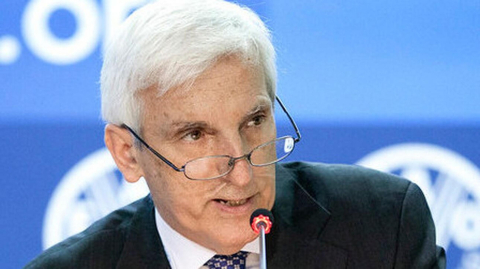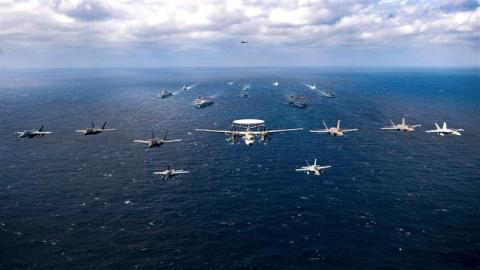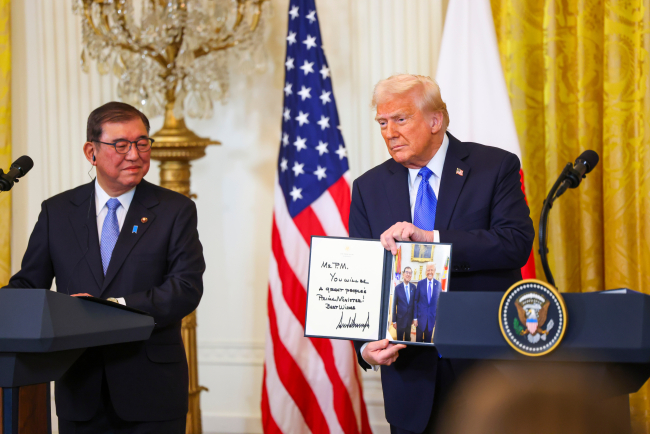The China-Russia Partnership and the Ukraine War: Aligned but not allied

China and Russia maintain a strategic partnership rooted in shared opposition to the U.S. and liberal democracies, but their relationship is shaped more by pragmatism than trust.
While Putin and Xi declared a “friendship without limits” before Russia’s 2022 invasion of Ukraine, China has since avoided repeating the phrase. Their cooperation remains strong, yet historical tensions, diverging priorities, and mutual distrust prevent a formal alliance.
China’s claims of neutrality in the Ukraine war are undermined by its economic and political support for Russia, its selective criticism of Western military aid, and its silence on North Korea’s involvement. Beijing promotes peace rhetoric but does not offer any concrete proposal and provides negligeable humanitarian assistance. Meanwhile, the 2024 North Korea–Russia alliance creates additional challenges, as it contradicts China’s stated positions and risks further destabilizing East Asia, strengthening regional US alliances.
For Europe, expecting China to mediate or distance itself from Russia is unrealistic. Despite significant EU-China trade, Beijing has shown no inclination to influence Putin.
Download the ReConnect China Policy Brief via the project’s website: The China-Russia Partnership and the Ukraine War: Aligned but not allied

Available in:
Themes and regions
Share
Related centers and programs
Discover our other research centers and programsFind out more
Discover all our analysesExpanding SPDMM as a pivotal institution in the Pacific – A French perspective
The South Pacific Defence Ministers’ Meeting (SPDMM) is the only forum that brings together defense ministers from the wider South Pacific — including Chile, which is hosting it for the first time. This heterogeneous group of countries with varying resources, capacities, and interests — Australia, Chile, Fiji, France, New Zealand, Papua New Guinea (PNG), and Tonga — are united by their shared determination to strengthen cooperation on maritime security and humanitarian assistance and disaster relief (HADR) activities.
EU’s Derisking From China: A Daunting Task
With economic security as a major concern, the EU has recently turned to “derisking” from China. The EU strategy entails reducing critical dependencies and vulnerabilities, including in EU supply chains, and diversifying where necessary, while recognizing the importance and need to maintain open channels of communication.
Sri Lanka’s NPP Government. From System Change to Structural Compliance
In September 2024, a relative outsider to Sri Lanka’s two-party-dominated political system, Anura Kumara Dissanayake, won the presidential elections. The anti-establishment, populist movement he represented, the National People’s Power (NPP), went on to receive an overwhelming mandate in the November 2024 general elections, winning 159 seats in a 225-member parliament.
Japan Under Trump: Alliance Strains, the Push for Autonomy and Essential Partnerships
Japan is under pressure from the United States (US) on punitive tariffs and demands for increased defence spending. This has sparked deep concern over US credibility and triggered growing domestic calls for greater autonomy.














